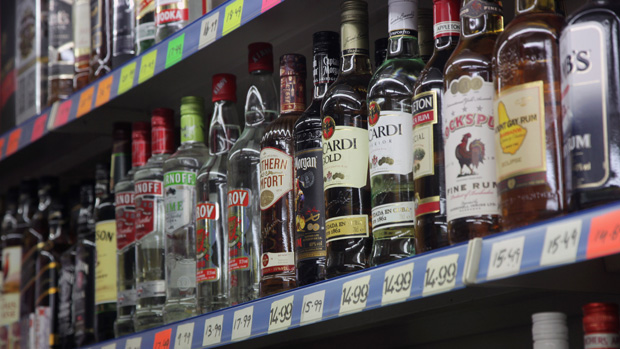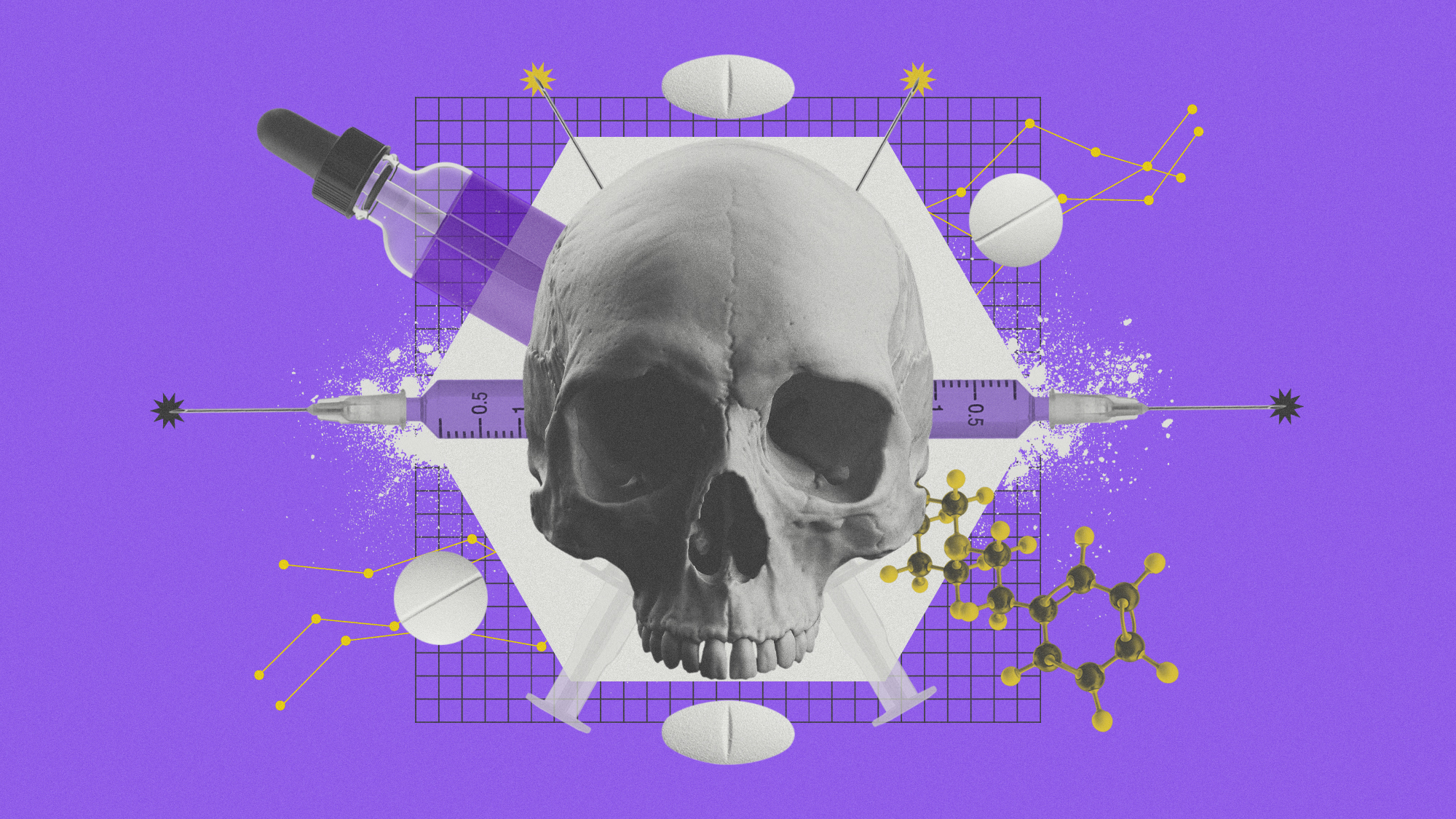Alcohol-related cancers 'to kill 135,000 in next 20 years'
Patients with cancers linked to alcohol consumption will cost the NHS £2bn by 2035, says charity

A free daily email with the biggest news stories of the day – and the best features from TheWeek.com
You are now subscribed
Your newsletter sign-up was successful
Unless action is taken soon, cancer deaths caused by drinking will kill 135,000 people and cost the NHS £2bn by 2035, according to a new study commissioned by Cancer Research.
The report by the University of Sheffield urges the government to put in place a minimum price-per-unit cost for alcohol in order to reduce consumption and potentially save the NHS money.
"A 50p minimum price per units of alcohol could reduce deaths linked to alcohol by around 7,200, including around 670 cancer deaths. It would also reduce healthcare costs by £1.3bn," says Cancer Research. "This follows a recent court decision in Scotland which found that a minimum unit price would not break European law."
The Week
Escape your echo chamber. Get the facts behind the news, plus analysis from multiple perspectives.

Sign up for The Week's Free Newsletters
From our morning news briefing to a weekly Good News Newsletter, get the best of The Week delivered directly to your inbox.
From our morning news briefing to a weekly Good News Newsletter, get the best of The Week delivered directly to your inbox.
It says that the number of patients with oesophageal cancer, bowel cancer and liver cancer are expected to rise in the next two decades – three cancers with strong links to alcohol consumption.
Another Cancer Research study published earlier this year showed that nine of out ten people are unaware of the link between alcohol and cancer.
The government has already lowered the recommended maximum number of units for men to 14, in line with the existing limit for women. It has also suggested that there is no safe limit for alcohol consumption and that any alcohol intake can substantially increase the risk of cancer.
Sir Ian Gilmore, a professor of hepatology and chairman of the Alcohol Health Alliance, told The Guardian: "It is clear from the report that MUP [minimum unit pricing] will save lives, including those lost to cancer, and ease the burden on our health service. Importantly, MUP will do this while leaving moderate drinkers and prices in pubs and bars unaffected."
A free daily email with the biggest news stories of the day – and the best features from TheWeek.com
-
 Political cartoons for February 18
Political cartoons for February 18Cartoons Wednesday’s political cartoons include the DOW, human replacement, and more
-
 The best music tours to book in 2026
The best music tours to book in 2026The Week Recommends Must-see live shows to catch this year from Lily Allen to Florence + The Machine
-
 Gisèle Pelicot’s ‘extraordinarily courageous’ memoir is a ‘compelling’ read
Gisèle Pelicot’s ‘extraordinarily courageous’ memoir is a ‘compelling’ readIn the Spotlight A Hymn to Life is a ‘riveting’ account of Pelicot’s ordeal and a ‘rousing feminist manifesto’
-
 A real head scratcher: how scabies returned to the UK
A real head scratcher: how scabies returned to the UKThe Explainer The ‘Victorian-era’ condition is on the rise in the UK, and experts aren’t sure why
-
 The truth about vitamin supplements
The truth about vitamin supplementsThe Explainer UK industry worth £559 million but scientific evidence of health benefits is ‘complicated’
-
 How dangerous is the ‘K’ strain super-flu?
How dangerous is the ‘K’ strain super-flu?The Explainer Surge in cases of new variant H3N2 flu in UK and around the world
-
 Covid-19 mRNA vaccines could help fight cancer
Covid-19 mRNA vaccines could help fight cancerUnder the radar They boost the immune system
-
 The ‘menopause gold rush’
The ‘menopause gold rush’Under the Radar Women vulnerable to misinformation and marketing of ‘unregulated’ products
-
 The UK’s opioid crisis: why the stats don’t add up
The UK’s opioid crisis: why the stats don’t add upThe Explainer A new report has revealed that the UK’s total of opioid-related deaths could be much greater than official figures show
-
 Deadly fungus tied to a pharaoh's tomb may help fight cancer
Deadly fungus tied to a pharaoh's tomb may help fight cancerUnder the radar A once fearsome curse could be a blessing
-
 'Poo pills' and the war on superbugs
'Poo pills' and the war on superbugsThe Explainer Antimicrobial resistance is causing millions of deaths. Could a faeces-filled pill change all that?